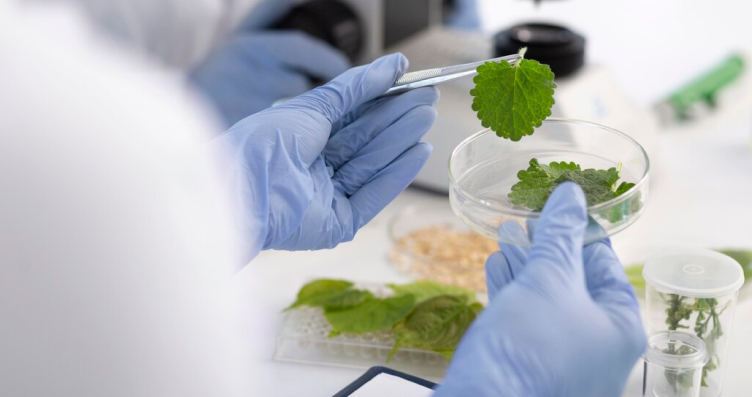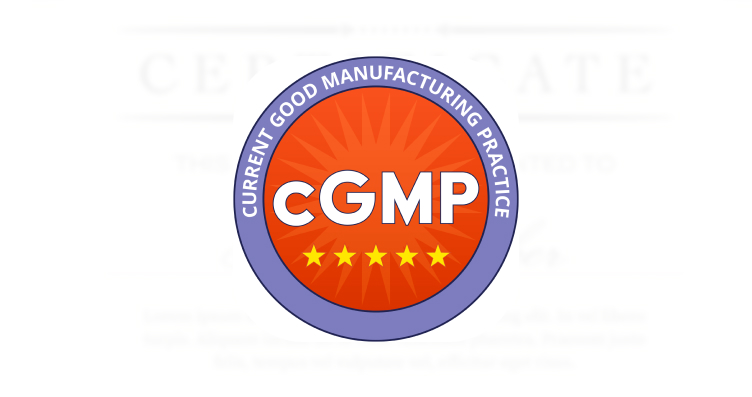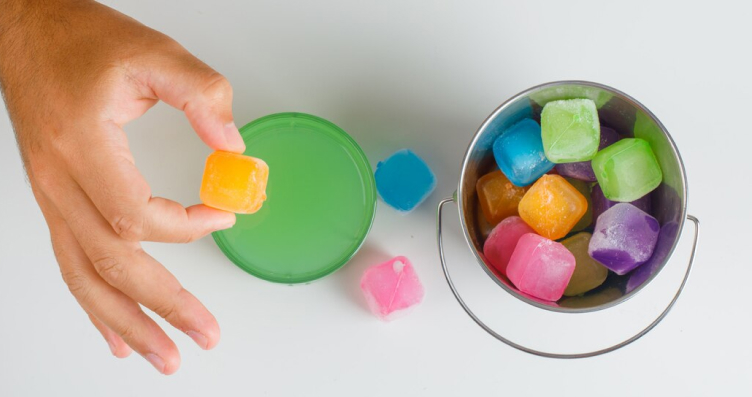Importance of efficacy and bioavailability in products
In the realm of product development and quality control, two terms hold critical importance: efficacy and bioavailability. These two elements can significantly affect a product’s performance and, ultimately, its success in the market. Let’s explore why they’re so crucial.
Understanding Efficacy and Bioavailability
Before we delve into their importance, it’s vital to comprehend what efficacy and bioavailability represent.
Defining Efficacy
In its simplest form, efficacy refers to the ability of a product or ingredient to produce a desired effect or result. In essence, it’s a measure of how well a product performs its intended function.
Defining Bioavailability
Bioavailability, on the other hand, refers to the extent and rate at which a substance or drug is absorbed and becomes available at the site of action. It’s a critical factor determining a product’s effectiveness, particularly in the pharmaceutical and nutraceutical sectors.
1. Role of Efficacy in Product Performance
Efficacy sits at the core of a product’s performance. It’s the litmus test of whether a product lives up to its claims and meets consumer expectations.
How Efficacy Determines Product Effectiveness
The higher the efficacy of a product, the better its performance. High-efficacy products deliver promised benefits more consistently and reliably, thus enhancing customer satisfaction and loyalty.
The Consequence of Insufficient Efficacy
Conversely, a product with low efficacy may underperform or fail to deliver the desired effects, leading to customer dissatisfaction and potential damage to the brand’s reputation.
2. Bioavailability: A Crucial Factor for Product Effectiveness
While efficacy determines whether a product can perform its intended function, bioavailability determines how well it performs that function.
Bioavailability and Absorption
In the context of pharmaceuticals or nutraceuticals, a substance with high bioavailability is readily absorbed and utilized by the body, thus maximizing the benefits and potency of the product.
The Effect of Poor Bioavailability
A product with poor bioavailability, on the other hand, may not be fully absorbed, rendering it less effective or, in some cases, ineffective regardless of its intended efficacy.
3. Efficacy and Bioavailability in Different Industries
While efficacy and bioavailability are universally important, they hold particular significance in specific industries.
Pharmaceutical Industry
In the pharmaceutical world, efficacy determines the therapeutic effect of a drug, while bioavailability affects the rate and extent of the drug’s absorption into the body. Both play a critical role in the drug’s overall performance.
Nutraceutical Industry
Similarly, in the nutraceutical industry, the health benefits of a supplement are directly related to its efficacy, and its bioavailability determines how much of the supplement’s nutrients are absorbed by the body.
4. Ensuring High Efficacy and Bioavailability in Products
Given their importance, how can one ensure high efficacy and bioavailability in products?
Research and Development
Investing in thorough research and development is key. This process allows for the optimization of formulas and selection of high-quality ingredients, ensuring high efficacy.
Advanced Delivery Systems
In terms of enhancing bioavailability, advanced delivery systems such as liposomal delivery or nanoparticle technology can improve absorption rates, thus maximizing a product’s effectiveness.
Conclusion
In summary, efficacy and bioavailability are fundamental considerations in product development. They determine a product’s performance, its ability to deliver promised benefits, and, consequently, its market success. Whether it’s a pharmaceutical drug or a nutritional supplement, ensuring high efficacy and bioavailability is integral to achieving customer satisfaction and loyalty.




